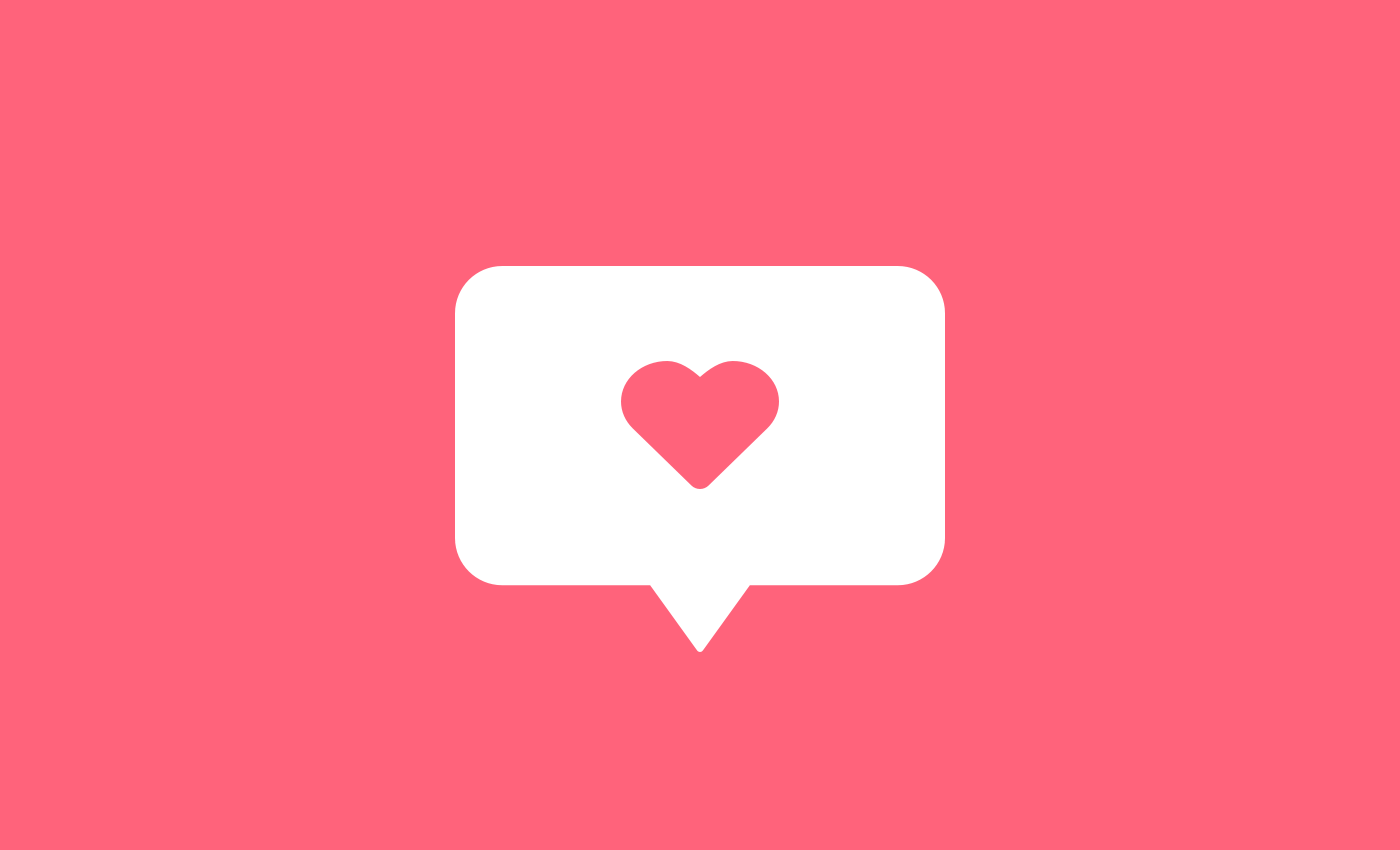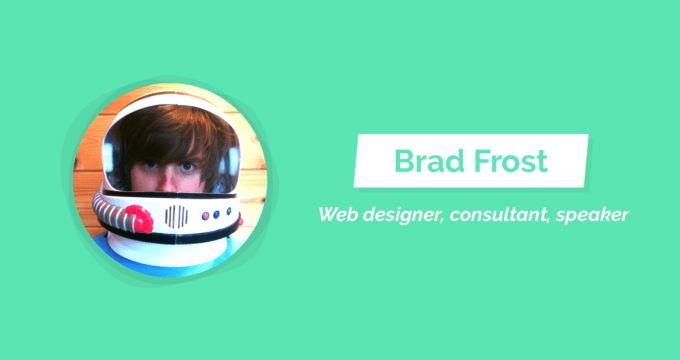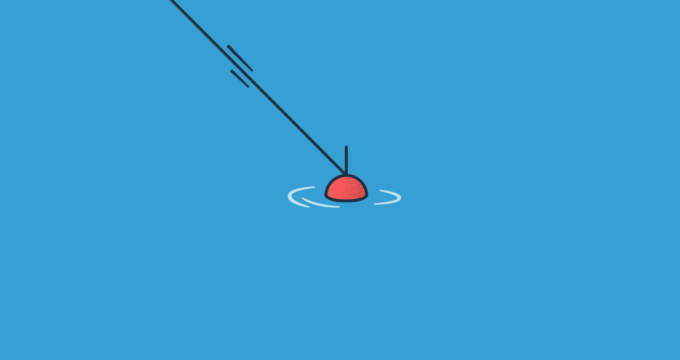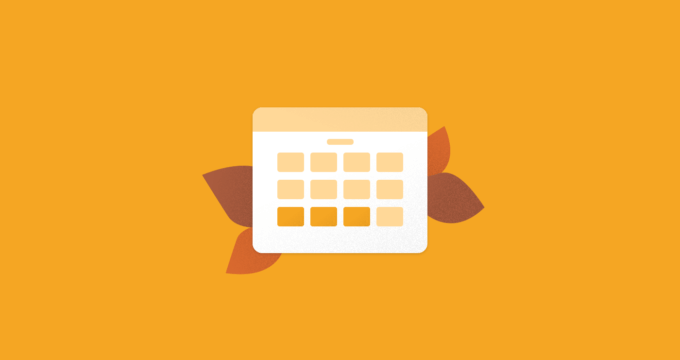The negative effects of social media on mental health and how to use it responsibly
Wellbeing
More than 50% of the world population consists of Millennials and Gen Z who both grew up with social media. About 91% of 16 to 24-year-olds use the internet for social media.
Social media has indeed become an integral part of our lives. You can connect with friends and family from all over the world and stay informed about current events no matter where you are.
Like with pretty much everything, too much use of something can have negative effects and social media is no different.
Let’s have a closer look at the negative effects of social media on your mental health and well-being.
The negative effects of social media
There is more and more research available on the negative effects of social media on our mental health and overall well-being and it’s important to know about these results.
One study found that social media use is increasing rates of depression, and anxiety, as well as also contributing to poor sleep quality. Just as with an addiction, it can lead to feelings of anxiety and stress when you’re unable to access it or feel that you’re missing out on something.
Of course, this has also negative effects on your ability to focus. It’s difficult to concentrate if your phone is trying to constantly grab your attention with all sorts of notifications, in fact making you 40% less productive. This is because our brains are wired to respond to new information and stimuli, which obviously makes it difficult to stay focused on one task for an extended period.
It sounds strange, but social media also increases your feeling of loneliness and isolation as well as decreases your overall life satisfaction. One reason for this is probably the constant comparison with your own life as you scroll through the feed of friends and strangers.
This also has a negative impact on your self-esteem and body image. Too often, social media is full of fake and exaggerated images that distort and misrepresent the reality of other people’s lives and their bodies.
But social media does not just influence your mental health but it can also have negative effects on your physical health. The American Heart Association found that you’re at higher risk for obesity, high blood pressure, and heart disease.
It’s important to have this research confirm what you probably already knew. Many of us feel rather down than happy and inspired after using social media.
So what can you do?
One step in the right direction is to be in charge of which kind of media you consume and how much you consume it.
We’ve put together a few tips on how you can use social media more responsibly so as to cultivate healthier habits that safeguard your mental and physical health.
How to use social media responsibly
Here are 10 tips on how you can use social media more responsibly and create a healthy relationship between you and social media.
1. Set limits
If you have difficulties controlling your usage of social media, setting some limits can be helpful. Try setting when you are allowed to use social media or for how long. You can also customize this for specific apps.
2. Turn off notifications
Put your phone upside down to not see any visual notifications on the screen and make sure you’ve turned off all sound notifications as well. Out of sight, out of mind! This will also help you to stay concentrated on your tasks and let you stay in the flow for longer.
3. Take social media breaks
Getting some distance and breaking the routine helps you to get some perspective on your social media use and show you that without all this social media use you’re actually happier.
4. Unfollow negative accounts
Be mindful about the content you consume and scan your feed for content that makes you feel down and unhappy. Unfollow those accounts or make sure they do not pop up in your feed as much.
5. Focus on positive content
Actively search for content that makes you feel good about yourself and that provides uplifting content.
6. Don’t compare
Be mindful that what you’re seeing on social media is just a tiny glimpse of the whole. It doesn’t represent the full or even real picture and is often constructed so to look exactly this way although the reality might be far from it. Just keep this in mind and don’t compare yourself to what others decide to put out on social media which is often an idealized version of themselves.
7. Be mindful
Stop the endless and mindless scrolling. How much time is lost because you’re caught up in a spiral of swipe and scroll? Be mindful when you use social media and pay attention to the content you consume.
8. Practice self-care
Take care of yourself. Does this content make you happy? How are you feeling after using social media? Erase what is not good for you and focus on things and activities that leave you happy and lift you up.
9. Engage in offline activities
In order to create a more balanced relationship its important to counterbalance the time spent on social media with some offline activities. If you use social media to connect with your friends, find ways to do activities offline.
10. Seek help
If you’re experiencing severe negative effects from social media, don’t shy away to talk with your family and friends and seek professional help. It’s important to get the needed support on how to manage your social media use so to improve your mental health and overal well-being.



